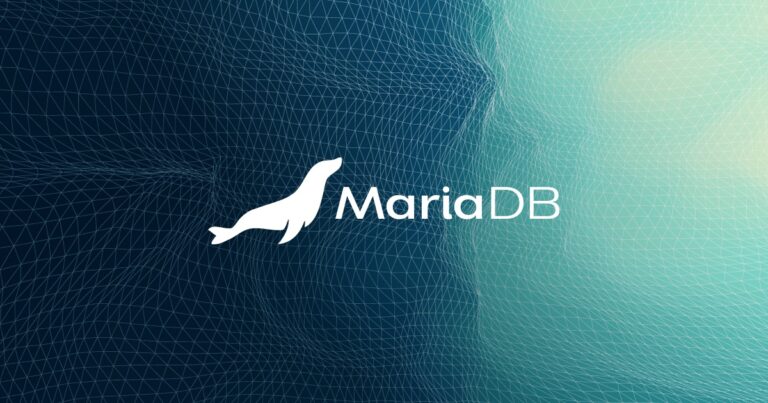
MariaDB finally took the wraps off its Enterprise Server product today, which it said was aimed at massive deployments where scale and security are more important than rushing out new features for developers.
The product was first flagged up back in February, and scheduled to appear in “spring”. We’ll leave it to you to check your calendar and decide whether it hit its deadline.
“It’s one thing to experiment with open source, to evaluate it,” said MariaDB’s senior director of product marketing Shane Johsnon. “But once you move to the stage where you’re migrating mission critical applications to it, or you’re deploying it at massive scale you encounter new types of challenges, not necessarily functional challenges.”
So, security in MariaDB Enterprise Server 10.4 has been boosted, with end-to-end encryption for multi-master clusters. At the same time, the company has clamped down on plugins, with only those deemed tested and production-ready permitted.
The company had decided to “disable everything that isn’t production ready and safe because this is entirely for production environments,” said Johnson.
Meanwhile, default values are fully secured. For example, said Johnson, the company was “making sure you install it in such a way that there’s no admin password so people can get unrestricted access.”
Enterprise Server will also form the foundation of SkySQL, MariaDB’s planned Kubernetes-powered database as a service offering, which is currently in internal review.
“You’ll continue to see differentiation on two tiers,” Johnson explained. “On one hand, ES with each release will gain a few more features. SkySQL will also continue to see features that may not be available on open source.”
The Kubernetes operator that will underpin MariaDB’s Kubernetes strategy is currently in technical review Johnson said, and available on Red Hat OpenShift, with further Kubernetes environments in the offing.
“From strategic point of view, that’s how we see multi cloud and hybrid cloud being enabled.
“ES will of course be able to deploy to either of those. You don’t have to run it on Kubernetes, but if the cloud is part of your strategy, we expect Kubernetes to be the medium to execute that.”
He said lots of customers were exploring Kubernetes, and a meaningful handful have gone beyond proof of concept into production.
Open source licensing has been a hot topic recently, with Cockroach Labs relicensing its database under the Business Source License.
MariaDB ES will be GPL, said Johnson, “It’s the community version that gets GA’d with additional QA and additional plugins. The result of that is Enterprise Server.”
“Where the difference lies is we will be only distributing it to customers,” he continued. “They will also be able to request the source code as well, being GPL.”
“We will begin transitioning all our current customers and subscribers to Enterprise Server – any new customers we take on board will start with ES.”
